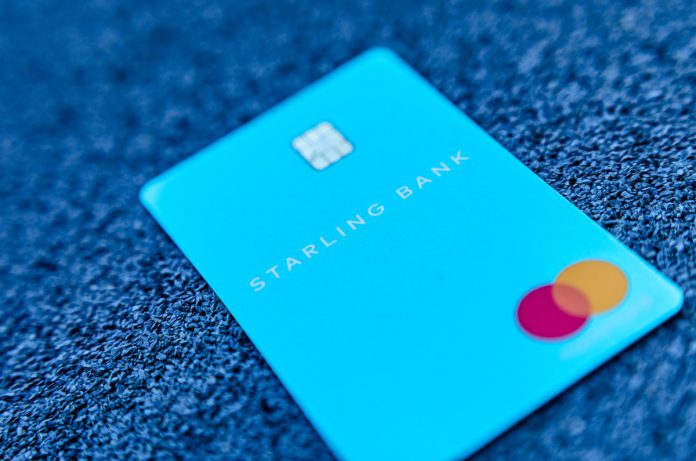Digital bank Starling, poised to near a £10bn valuation as it expands its banking software globally, has announced a strategic partnership with Ozone API.
As per the agreement, Engine, Starling’s Software-as-a-Service (SaaS) core banking platform, will incorporate the Ozone API platform. The aim is to empower Engine’s clients to adhere to Open Banking regulations in markets around the world.
Huw Davies, CEO of Ozone API, commented: “This partnership is a real milestone for Ozone API. Being chosen to integrate with the platform that powers the four-time winner of Britain’s Best Bank demonstrates the quality of our Open Banking platform, and we’re incredibly excited to support their clients with ongoing Open Banking compliance and innovation.”
Through this partnership, digital-native banks and fintech companies worldwide will have the opportunity to merge the technology and knowledge of Engine and Ozone API through a unified integration, aiming to unlock the commercial potential of Open Banking for these institutions.
Sam Everington, CEO of Engine by Starling, said: “Open Banking provides a great deal of opportunity for banks, so it was important that our core banking platform could work flexibly for our clients.
“As a global leader in Open Banking, Ozone API delivers the ideal plug and play solution for Engine, to help effectively meet the needs of our clients and the different regulatory standards around the world”
The upgrade to the SaaS core banking platform follows statements from investment trust Chrysalis, Starling’s second-largest supporter, made to the Financial Times. Chrysalis suggested that the app-based lender could significantly boost its revenue by licensing its “Engine” service.
Richard Watts, Co-Manager of Chrysalis, said: “We’ve been pushing for Engine to be developed to drive Starling’s growth, as this proposition opens up a global market for bank infrastructure.” Watts further highlighted the potential of the software, suggesting that the UK digital bank “could see a valuation approaching £10bn.”
Founded in 2014 by Anne Boden, Starling initially offered retail current accounts before expanding into business lending and mortgages. Last year, the lender secured Salt Bank in Romania and AMP Bank in Australia as its first two clients for the Engine service.
While Watts holds optimism for Engine’s expansion potential, suggesting it could attract 40-50 clients in the coming years, concerns linger due to the platform’s lack of contracts with major lenders.
Nevertheless, Declan Ferguson, Chief Financial Officer at Starling, stated that the company was “extremely excited” about the software part of the business “as it offers enormous international potential for us to bring the best of British technology to banks around the world”.
























